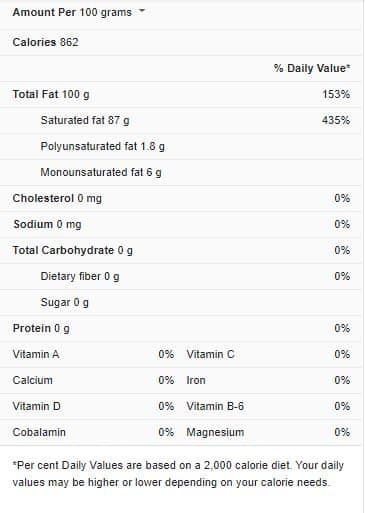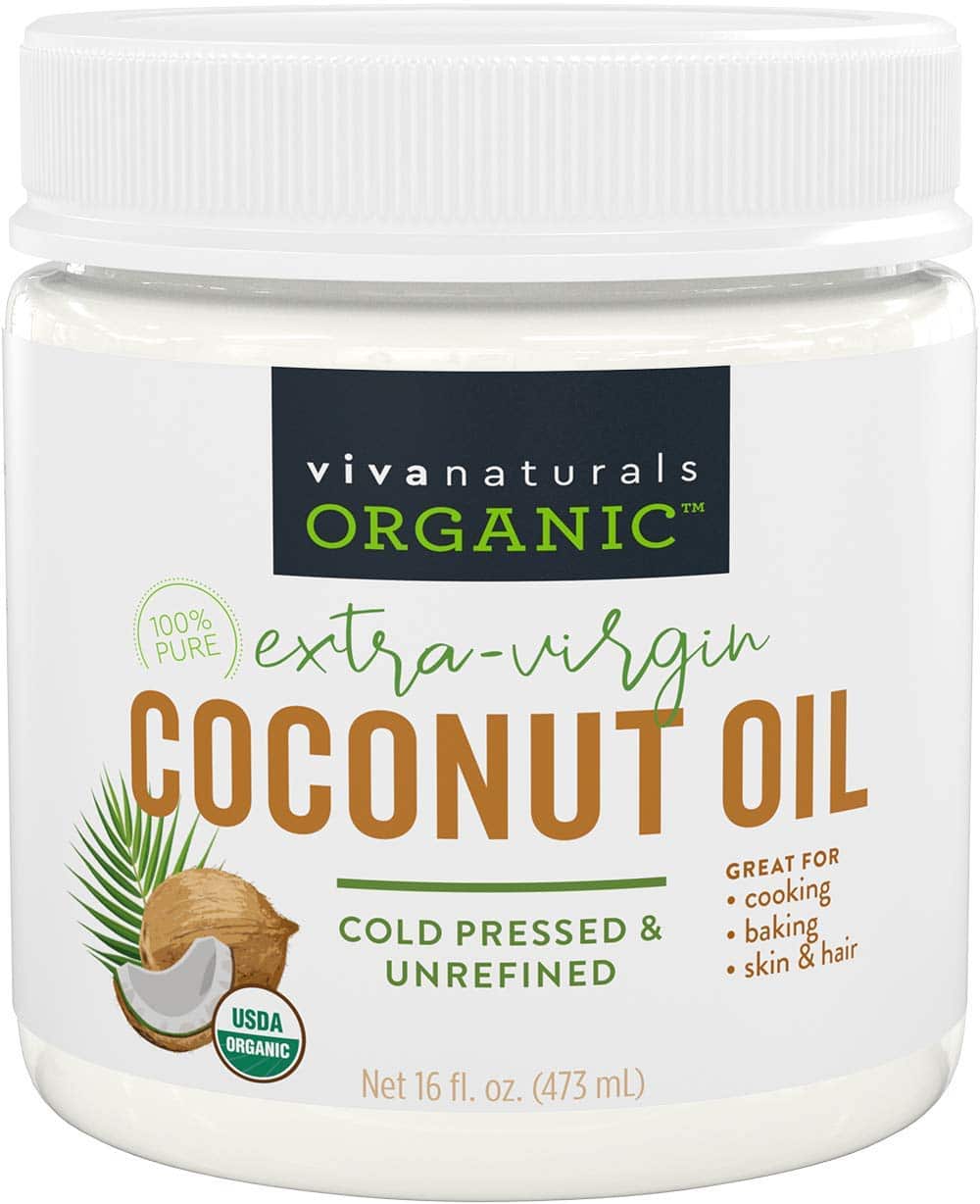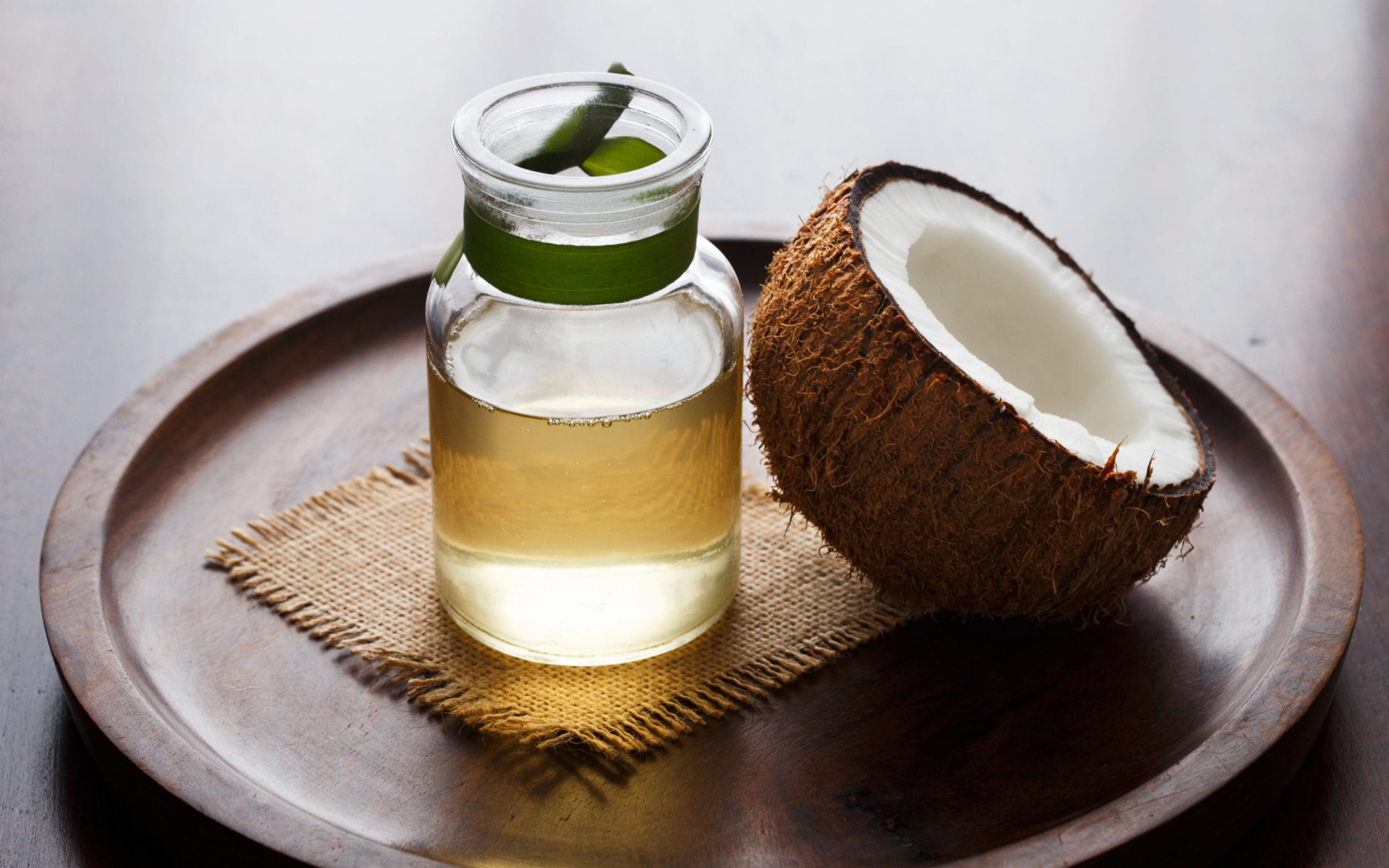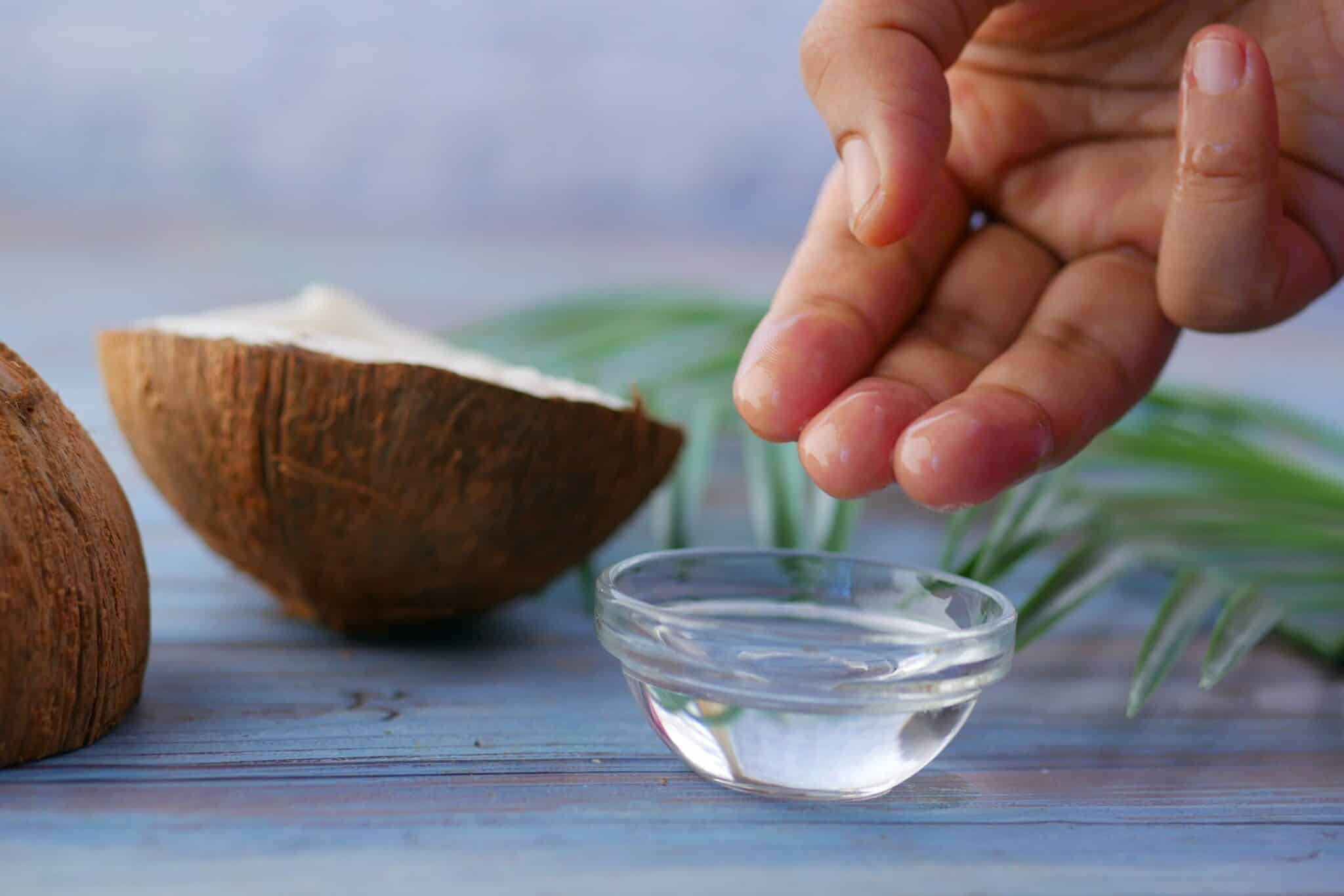Updated on April 9th, 2023
Butter is a popular dairy product made from cow’s milk. Butter has been the people’s choice as baking fat because it is solid fat and easy to commercially distribute. Butter is composed of milk fat that has been separated from other milk components; it has a rich flavour and is widely used as a spread and for cooking and baking.
Butter is about 80% fats, and the rest is mostly water. It’s basically the fatty portion of milk that has been isolated from protein and carbohydrates.
Butter acts as a lubricant in baking recipes, melting when heated. This weakens bakes structure by preventing the sticky, structural elements like gluten and egg proteins from bonding together.
Butter is used in baking as:
- a leavening agent, meaning it introduces air into baked goods and makes them light and fluffy. This is achieved by the marriage of butter and sugar to create an aerated mixture that provides lift before, during, and after baking.
- A texturizer, meaning it contributes to the flaky, moist texture of baked goods by slowing down the formation of gluten. When fat coats flour, it acts as a barrier between the protein and water. This gives the baking a rich and decadent texture.
- A flavour provider. Butter gives dishes a special savoury taste and gives the food a soft landing effect on the tongue.
Without these properties, baked goods might be flat, dry, and flavourless.
Coconut Oil Nutrition Facts

Why Substitute Butter?
As explained above, butter is produced by the fermentation of sweet-tasting cow’s milk. The sweetness comes from a sugar called lactose, a disaccharide. This complex molecular structure makes it difficult to digest. Some people cannot digest milk at all because they do not have the necessary digestive enzymes. Nearly 70% of the world’s population lacks lactase, the enzyme that breaks down milk.
Aside from lactose intolerance, butter contains a small amount of the milk protein casein, allergenic. People with this allergy stay away from any milk products such as butter.
Coconut Oil as Substitute for Butter
Solid coconut oil is the closest relative to butter in terms of physical properties and fat structure. This means that you can swap out butter from existing recipes without having to alter the cooking process largely.
While butter melts at 32 °C/90 °F, coconut oil follows closely at 24 °C/76 °F, making it a perfect substitute. Although coconut oil and butter are both saturated fats, coconut oil contains less fat than butter – this is evident in their different melting points. Solid, room temperature coconut oil is best to replace butter. Also, it is best to use room temperature ingredients when baking with coconut oil, for liquid coconut oil coagulates when mixed with cold ingredients.
Can You Substitute Coconut Oil For Butter
Coconut oil is not a uniform ingredient. It may taste strongly of coconut, mildly of coconut, or be completely flavourless. The taste is dependent on the extraction process used. Refined coconut oil is best for replacing butter in baking because it is rendered neutral-tasting by the deodorizing process. This will not affect the taste of your baking. Virgin coconut oil will affect your dish’s taste and compete with other strong flavours like aromatic spices, essences, dried fruits, citrus, etc.
Cakes made with coconut oil will be crumblier and have a softer crumb because, unlike butter, which is 20% water, coconut oil is 100% fat, which means that less water is available of gluten. However, coconut oil doesn’t drastically change the structure and texture of dishes.
Because of the disparity in fat levels (coconut oil 100%, butter 80%), it is not advisable to replace an equal amount of butter with coconut oil. So, reduce the required amount of coconut oil by 20% (for grams) or 25% (for cups). i.e. 225g of butter can be substituted by 180g of coconut oil.
Recipes to Bake With Coconut Oil
- Vegan Thumbprint Cookies
- Apple Pie Breakfast Cookies
- Chocolate Coconut Cake
- Vegan & Gluten-Free Chocolate Coconut Cupcakes
- Tropical Banana Bread with Macadamia Nuts, Pineapple & Coconut
- Gluten-free Chocolate covered clementine & cardamom cake
Substitute For Butter in Blackberry And Apple Spiced Crumble
Coconut oil is the best butter substitute for dairy-free, vegan Blackberry crumble. The coconut oil addition makes the crumble crispier. This substitution can also positively alter the taste of the crumble in a good way, as the taste of apple married that of coconut well. If you are experimenting with this tasty mix, you would want to use virgin coconut oil.
Substitute For Butter in Rum & Raisin Chocolate Brownies
Coconut oil is used for baking Gluten-free Rum and Raisin Chocolate Brownies. This yummy recipe is made with dark chocolate, ground almonds, honey, and coconut oil. The taste of this recipe will simply leave you wanting more. With coconut oil replacing butter, you can have a fill of your chewy, fudgy brownies without worry or gluten fear. This is also a paleo recipe.
Substitute for Butter in Banana Bread
It is possible to make gluten-free, keto-friendly banana bread but substituting coconut oil for butter. There is no drastic change in outcome, and the taste profile can remain absolutely the same if you use the refined coconut oil option.
Frequently Asked Questions
How much coconut oil equals a stick of butter?
Because of the disparity in fat levels, it is not advisable to replace an equal amount of butter with coconut oil. So, reduce the required amount of coconut oil by 20% (for grams) or 25% (for cups).
Should coconut oil be melted for baking?
Yes. You must melt your coconut oil before mixing it with other ingredients. Also, it is best to use room temperature ingredients when baking with coconut oil, for liquid coconut oil coagulates when mixed with cold ingredients. If you must use cold ingredients, make sure to stir the oil in quickly to prevent solidification.
Can I use coconut oil for baking a cake?
Absolutely. Simply follow the measurement explained above. Also, for the best result, ensure to use refined coconut oil; this variety won’t leave a coconut-y flavour in your cake – unless you want this.
Conclusion
You can substitute coconut oil for butter in ordinary cooking as in baking. The two ingredients are of the saturated fat family and have almost the same fat levels. Like butter, coconut oil will give your dish moisture, act as a leavening agent, and give your baking a warm taste. However, you may want to consider the physical state of coconut oil to go for and the taste profile because some types of coconut oil may leave a very competing coconut taste in your dish.



